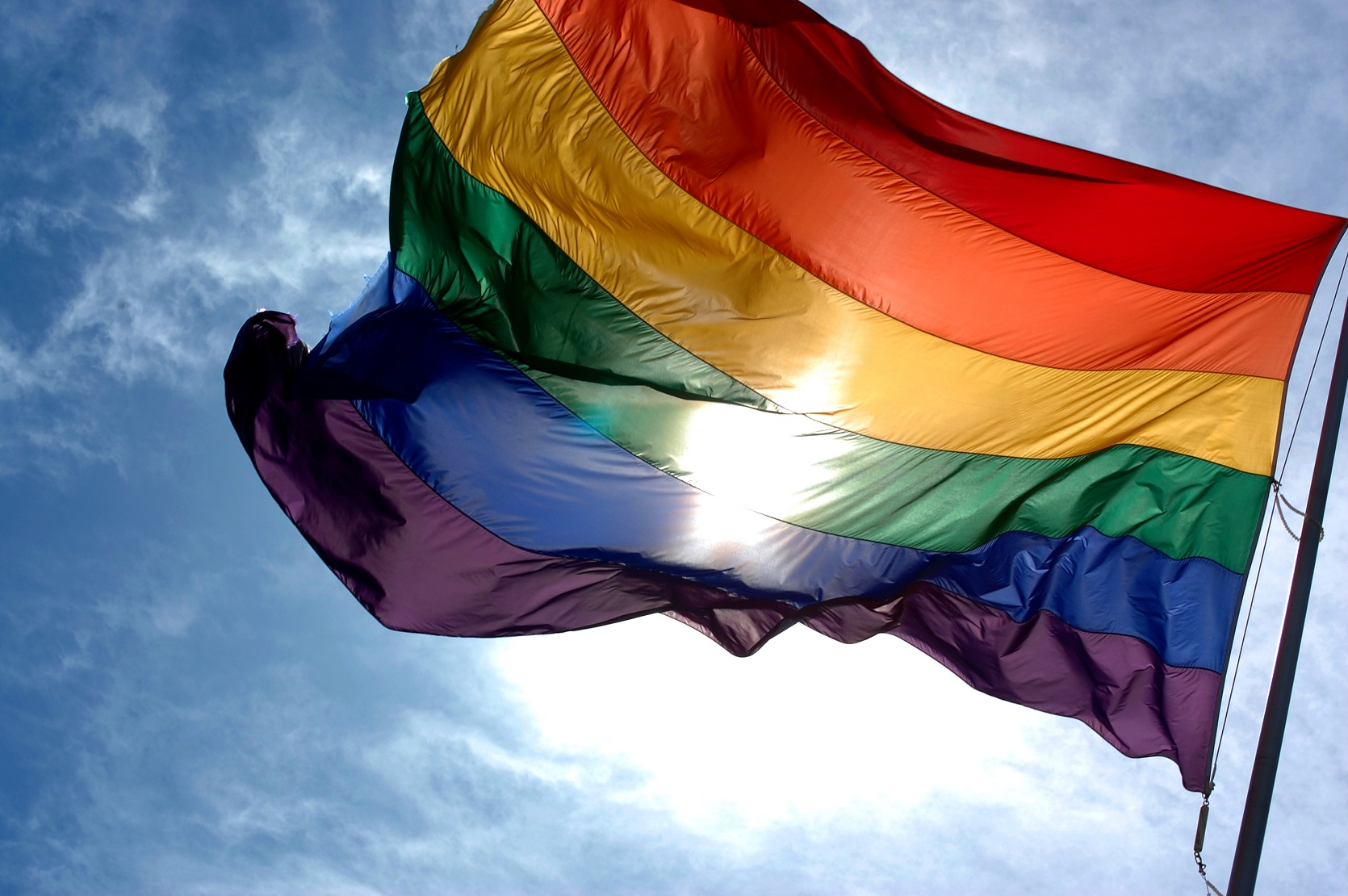Our Healing & Safer Communities committee was formed in 2020 following our announcement and plan regarding the relationship of law enforcement and San Diego Pride. The Committee is currently made up of 15 Black, Indigenous, API, Latinx, and white LGBTQ community members and leaders.
Recognizing that the conversation was far bigger and more nuanced than simply whether law enforcement agencies march as a contingent the parade – and recognizing that San Diego Pride often ended up being asked to “build bridges” for many of these conversations – the announcement and plan referenced above identified specific steps toward “healing and safer communities,” including the formation of the H&SC committee and the beginning of phased conversations – beginning with Black LGBTQ community members, then bringing in non-Black POC LGBTQ community, then white LGBTQ community members and leaders. As we continue to move forward, these conversations will also open up to broader dialogue among LGBTQ folks – centering, again, Black LGBTQ folks – and law enforcement agencies. Currently, there are 15 Committee Members in the Healing & Safer Communities Committee.
Update – January 2022
The H&SC Committee has spent the past year and a half conducting one-on-one conversations with LGBTQ community members, collecting responses on a community survey of LGBTQ folks, and ultimately compiling a draft document of policy recommendations for San Diego Pride as an organization, elected officials as policymakers, and law enforcement agencies (see below).
By the numbers:
- 80 1-on-1 interviews conducted by committee members
- 80 1-on-1 interviews conducted by executive director
- 244 online survey responses collected from LGBTQ community members
- 561 individuals signed up to support the initial proposal
- 71 local LGBTQ and allied organizations signing on to support our initial proposal
Of course, the committee did not compile these recommendations in a vacuum. We regularly consulted the studies and reports listed on the Safer Communities Resources page, and have also been connected with partners doing racial justice and police accountability work in the City of San Diego: e.g. engaging with the call-in campaigns of San Diegans for Justice as they help to ensure the implementation of the new independent Commission on Police Practices and promoting the PrOTECT ordinance with the Coalition on Police Accountability & Transparency (CPAT). This document is a living draft that at this time, has not been codified by our Board, and is a useful place to start when talking with community, electeds, LGBTQ liaisons at law enforcement agencies, and law enforcement agency leadership.
On October 1, 2021, we held a briefing for policymakers, legislators, and law enforcement agencies to offer an update on the H&SC work and to discuss the draft of policy recommendations. In total, 22 people attended, including local elected officials and/or their staff and some representatives from local law enforcement agencies.
We welcome community review and feedback on this living document of policy recommendations. You can review the document here.
Please send feedback and/or suggestions to us at [email protected]
The next steps for this Committee will be to meet with LGBTQ liaisons of local law enforcement agencies to present these recommendations and to continue this conversation along the path of healing and building truly safer communities. The Healing & Safer Communities Committee and San Diego Pride staff members will also be participating in and helping to guide curriculum for the upcoming LGBTQ Law Enforcement Summit in June 2022. (More info to come.)
